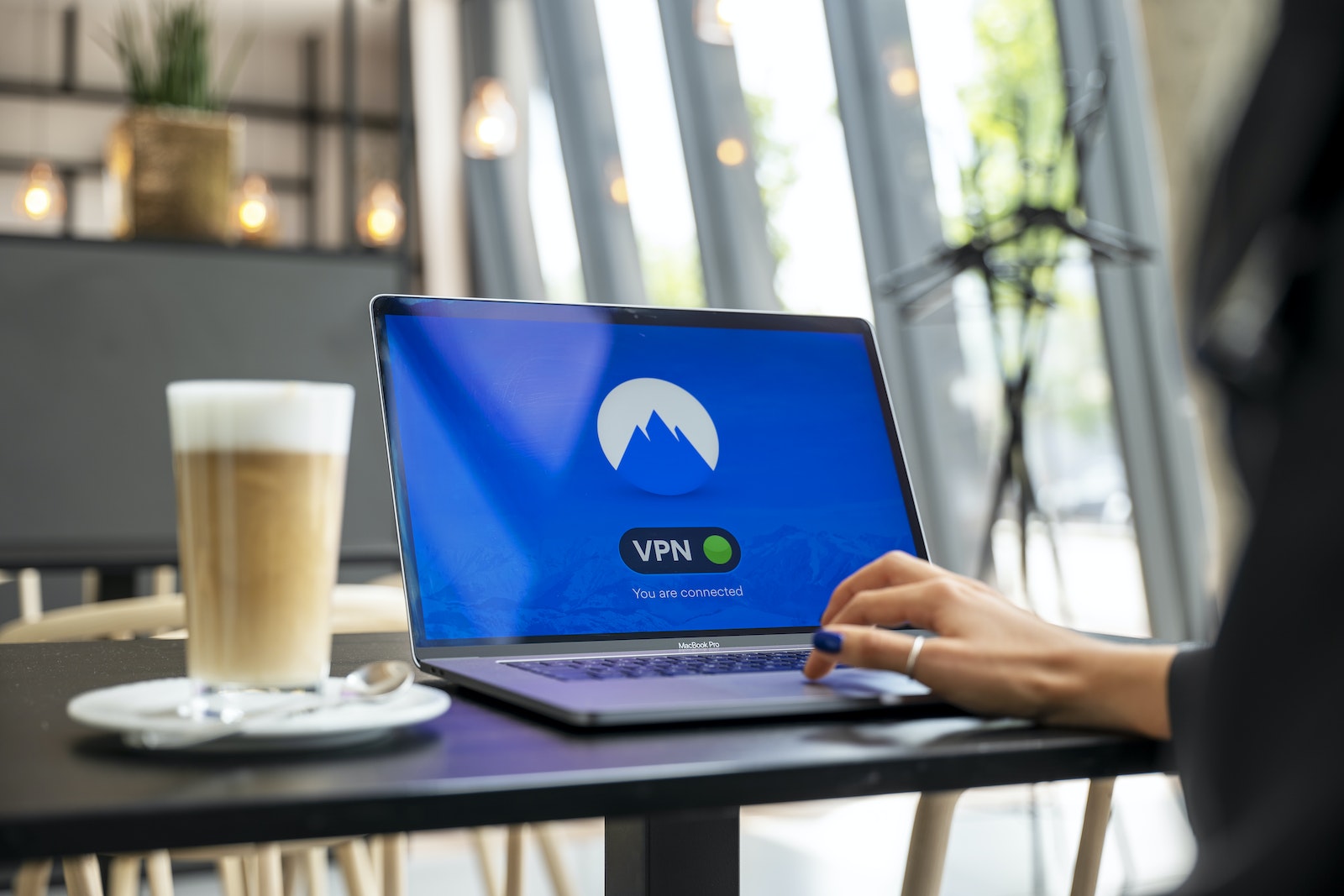Chromebooks: The Best VPNs and How to Set It Up

November 29, 2022
To recommend to you which are the best VPNs, first I need to explain to you what are the VPNs. Having said that, VPN stands for “Virtual Private Network” and describes the opportunity to establish a protected connection when using public networks. VPNs encrypt your Internet traffic and disguise your online identity. This makes it difficult for third parties to track your online activities and data theft.
Having a VPN on your Chromebook is indispensable. The VPN services can shield your Chromebook from the dangers of the internet, also unblock geo-restricted content, bypass firewalls, and save money on shopping using a VPN.
Right now, we will list some of the best VPN providers’ apps, and we will also show you different ways to set up VPN apps that work on devices running the Chrome operating system.
1. Proton VPN
This VPN counts with unique privacy and security-focused features that extend its functionalities beyond hiding your device’s IP address. The app uses a native “Secure Core” technology to protect your connection against network-based cyberattacks.
It also involves a DNS filtering and ad blocking feature that offers protection against website trackers, malware, and malicious ads. ProtonVPN also ships with prevalent VPN features—kill switch, no-logs policy, AES-256-bit encryption, etc.
To download, it to your Chromebook, you have to do it via the Google Play Store. Note that the free version doesn’t support simultaneous connections and offers limited connection speed.
A subscription offers extended features like Tor over VPN, over 1700 server locations, and up to 10 simultaneous connections.
2. ExpressVPN
It is a household name in the VPN ecosystem for many good reasons. It is also one of the best VPNs for unblocking geo-blocked streaming services like Netflix, HBO Max, and Hulu!
Among the features of ExpressVPN include split tunneling, network lock, and a “threat manager” for malicious websites and trackers.
This app does not have a free version. You must buy a subscription to use the VPN. However, ExpressVPN offers new customers a 7-day free and 30-day money-back guarantee trial.
3. NordVPN
As well as ExpressVPN, NordVPN offers first-time subscribers a 7-day free trial and a 30-day money-back guarantee. Think of this app as a suite of privacy protection tools—NordLocker and NordPass.
It is an end-to-end encrypted cloud storage where you can securely stash files away from hackers or prying eyes. NordPass, on the other.
You can install the NordVPN app on your Chromebook through the Google Play store. You have to keep in mind that the features available in the app will vary based on your subscription plan. As a fun data, you can use a single NordVPN subscription on six devices simultaneously.
4. Surfshark
Surfshark is one of the most affordable VPNs on the market with all industry-standard security features.
The private DNS and leak protection feature ensures that information sent from your Chromebook is concealed from your internet service provider (is it not amazing?). This VPN has two split tunneling features: “Bypasser” and “Route via VPN.”
The Surfshark’s Android app and Google Chrome extension work on Chromebooks. The VPN has no bandwidth limitations, and you can use one subscription on an unlimited number of devices.
If you want to know, it offers a student discount (15% off), 7-day free trial, and occasional promotions.
5. Hotspot Shield
Hotspot Shield has a free VPN version app. With this variation, you can change your IP address location for as long as you want without buying a subscription. However, we should tell you that Hotspot Shield Basic offers limited connection speed and displays in-app ads. Plus, you can only use one virtual location per connection.








